West must use G20 to adopt a spirit of cooperation
Updated: 2016-08-16 08:13
By FU JING(China Daily)
|
||||||||
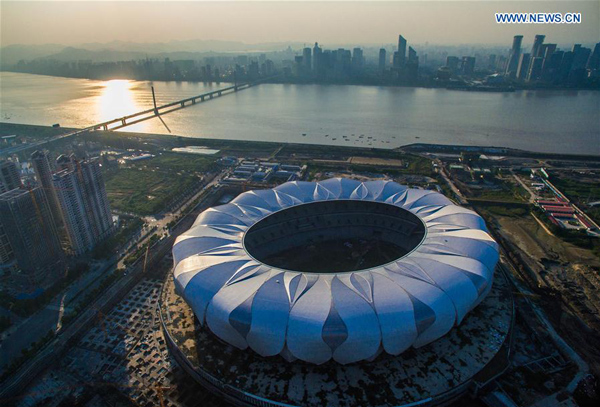 |
|
This aerial photo taken on Sept 16, 2015 shows the Hangzhou Olympic Sports Center in Hangzhou, capital of East China's Zhejiang province. China will host the 2016 Group of Twenty (G20) summit in the eastern city of Hangzhou, a tourism city best known for its West Lake scenic spot, on Sept 4-5. [Photo/Xinhua] |
The leaders of G20 countries and chiefs of international institutions are almost certainly comparing notes ahead of the G20 Leaders' Summit in Hangzhou, East China's Zhejiang province, to be held next month. For example, when I approached an international chief's office seeking his views on the G20 Leaders' Summit, his staff said it was still too early to comment on it because many factors would influence its outcome.
The summit will give leaders of both advanced and emerging economies the chance to discuss problems facing the world since the global financial crisis and how to solve them.
It is understandable that the person I approached would need more time to work out how to deal with the complicated, multi-faceted challenges facing the world. But it is disturbing to see the cooperative spirit of Western powers dissipating in these difficult times.
Many developments, some of which directly target China, are telling. For instance, the Western powers are blaming China for industrial overcapacity when in fact it is a global phenomenon. And although 81 countries have recognized China as a market economy, the traditional industrial powers are still reluctant to do so-which they should because that was the condition for China joining the World Trade Organization in 2001.
Besides, some countries are challenging China's maritime claims, with a few considering shutting the door on Chinese investment, which ironically their economies need to create jobs and boost growth. Perhaps these are part of the "many factors" referred to by the staff of the international institution's chief I approached.
But the Western powers pressuring China to include issues closely related to its national interests will be disappointed, because China's claims and interests are protected by law and history. These powers have to change their mindsets, and use the Hangzhou summit to "re-recognize and understand China better" to minimize the number of wrong decisions that could be taken when dealing with a country that believes in a win-win philosophy.
Since the 2008 global financial crisis, which was closely followed by the European Union sovereignty debt crisis, China has contributed nearly half to global economic growth. It has helped establish the Asian Infrastructure Investment Bank and the BRICS New Development Bank, and its currency has been added to the International Monetary Fund's Special Drawing Rights basket, providing new financial tools for the world and making global economic governance fairer.
While China is contributing to global growth and governance reform, it is evident that mainly because of US intervention, conflicts and wars are continuing in North Africa and the Middle East since the "Arab Spring".
Within the EU, the exit of the United Kingdom has given rise to uncertainty. Many countries are on high alert because of the increasing terrorism attacks and threats, which in turn are affecting investment and tourism. And for the EU, the refugee crisis and economic stagnation are among its longer-term concerns.
The main trends since the first G20 summit in Washington in 2008, when the global leaders vowed to cooperate, coordinate and abandon protectionism, clearly show the roles each of the powers has played in this changing world.
China could help resolve many of the global challenges, especially because its economic power and international influence are increasing.
The collapse of Lehman Brothers in September 2008 signaled an economic crisis. The current global challenges are no less critical. So when the Western leaders meet their counterparts from other countries in Hangzhou, they must not forget the original mission of the G20 summit: cooperation and coordination to help find global solutions. And they should remember that a zero-sum mindset, which many of them suffer from, will not help G20 achieve that.
The author is deputy chief of China Daily European Bureau
fujing@chinadaily.com.cn
- Nepal's newly elected PM takes oath
- Texas gun law worries incoming students
- China vows to deepen economic, trade cooperation with ASEAN
- Fire guts Emirates jet after hard landing; 1 firefighter dies
- Egypt's Nobel-laureate scientist dies of illness in US
- THAAD muscle flexing unmasks anxiety over declining hegemony
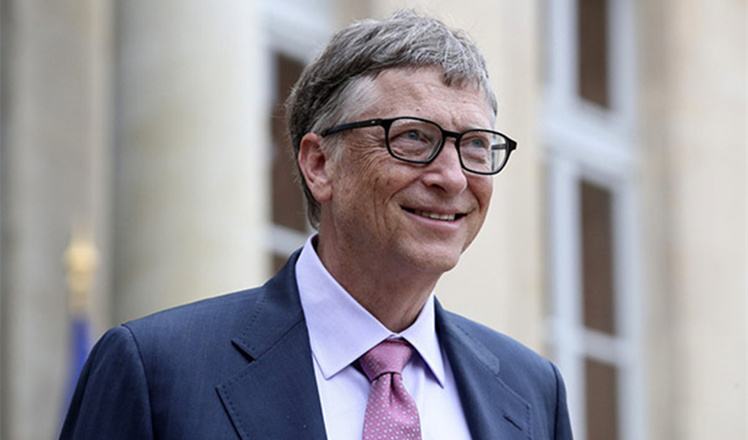
 Top 10 tech billionaires worldwide
Top 10 tech billionaires worldwide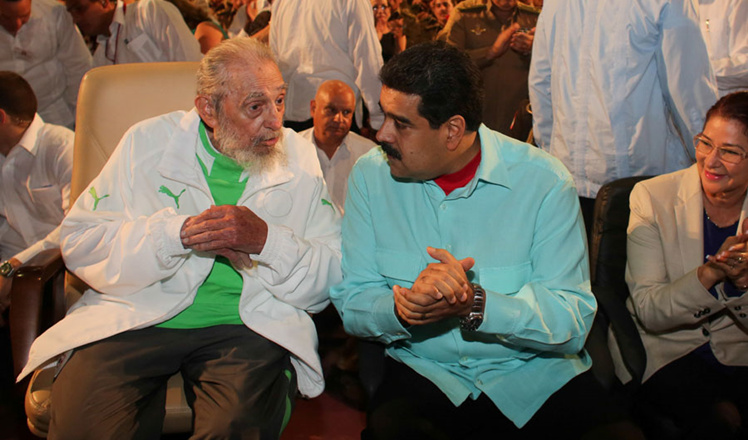
 Castro, 90, offers thanks on birthday, slams Obama
Castro, 90, offers thanks on birthday, slams Obama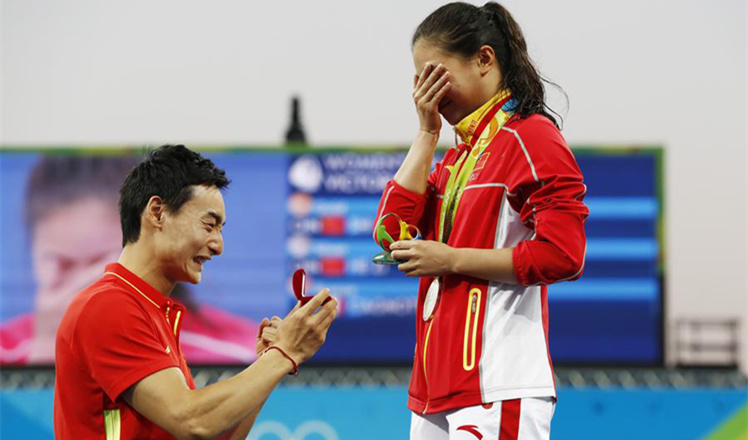
 Romantic ending for Olympic diving lovebirds
Romantic ending for Olympic diving lovebirds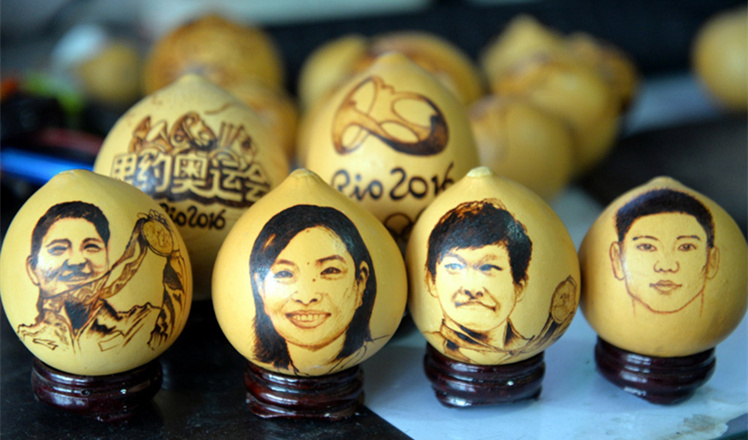
 Pyrographs of Rio Olympics champions on gourds
Pyrographs of Rio Olympics champions on gourds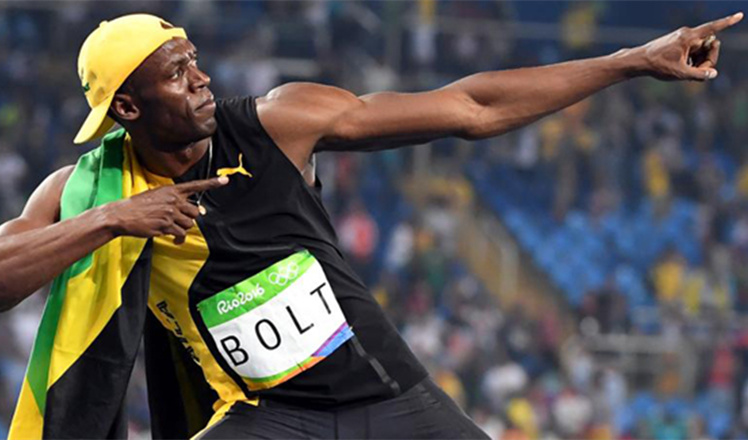
 Bolt's hat-trick proves he is the king on track
Bolt's hat-trick proves he is the king on track Phelps writes new page with four wins in same event
Phelps writes new page with four wins in same event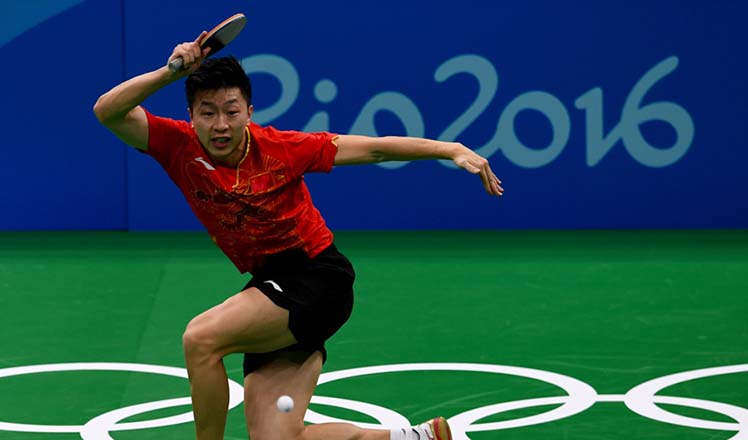
 Ma Long wins Chinese derby to edge defending champion
Ma Long wins Chinese derby to edge defending champion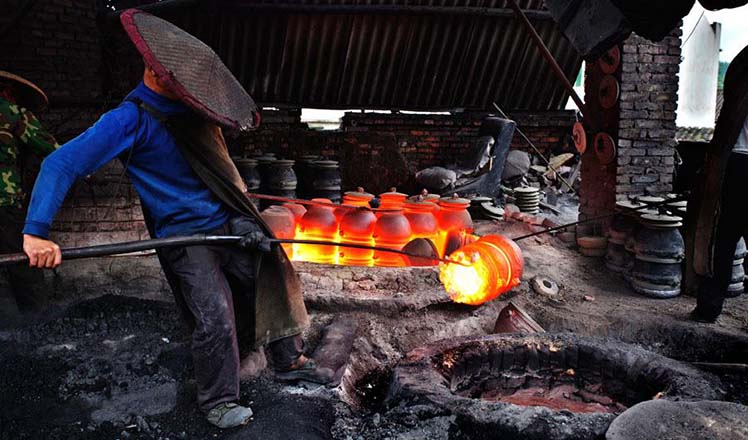
 Yingjing County's hand-crafted 'black pottery'
Yingjing County's hand-crafted 'black pottery'
Most Viewed
Editor's Picks

|

|

|

|

|

|
Today's Top News
Phelps puts spotlight on cupping
US launches airstrikes against IS targets in Libya's Sirte
Ministry slams US-Korean THAAD deployment
Two police officers shot at protest in Dallas
Abe's blame game reveals his policies failing to get results
Ending wildlife trafficking must be policy priority in Asia
Effects of supply-side reform take time to be seen
Chinese State Councilor Yang Jiechi to meet Kerry
US Weekly

|

|









